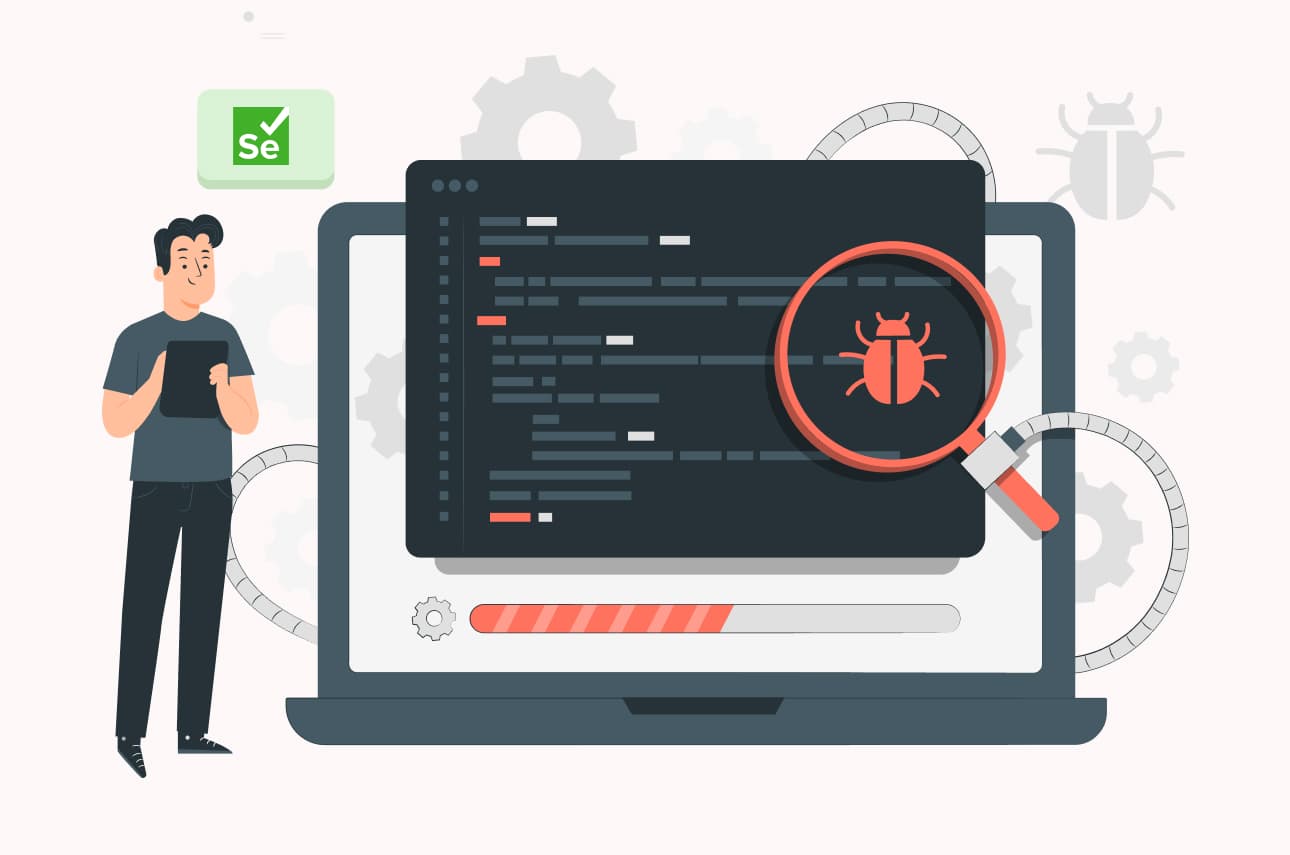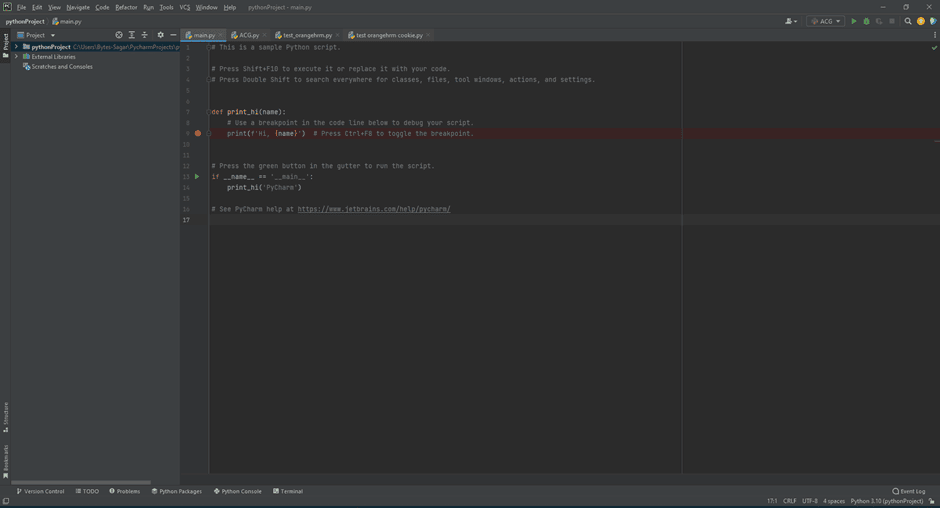Introduction
In the fast-paced world of software development, testing plays a crucial role in ensuring the quality and reliability of applications. Python, a versatile and powerful programming language, has gained immense popularity in the field of test automation. In this blog post, we will explore the importance of Python automation in web development and testing and how it can enhance efficiency, accuracy, and effectiveness in the testing process.
Python, a popular programming language, is renowned for its simplicity, readability, and versatility. It offers a wide range of libraries and frameworks that make automation tasks more accessible and efficient. Selenium WebDriver, on the other hand, is a widely used open-source tool for automating web browsers. It provides a rich set of APIs that enable interaction with web elements, handling various interactions, and executing complex testing scenarios.







